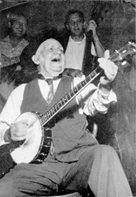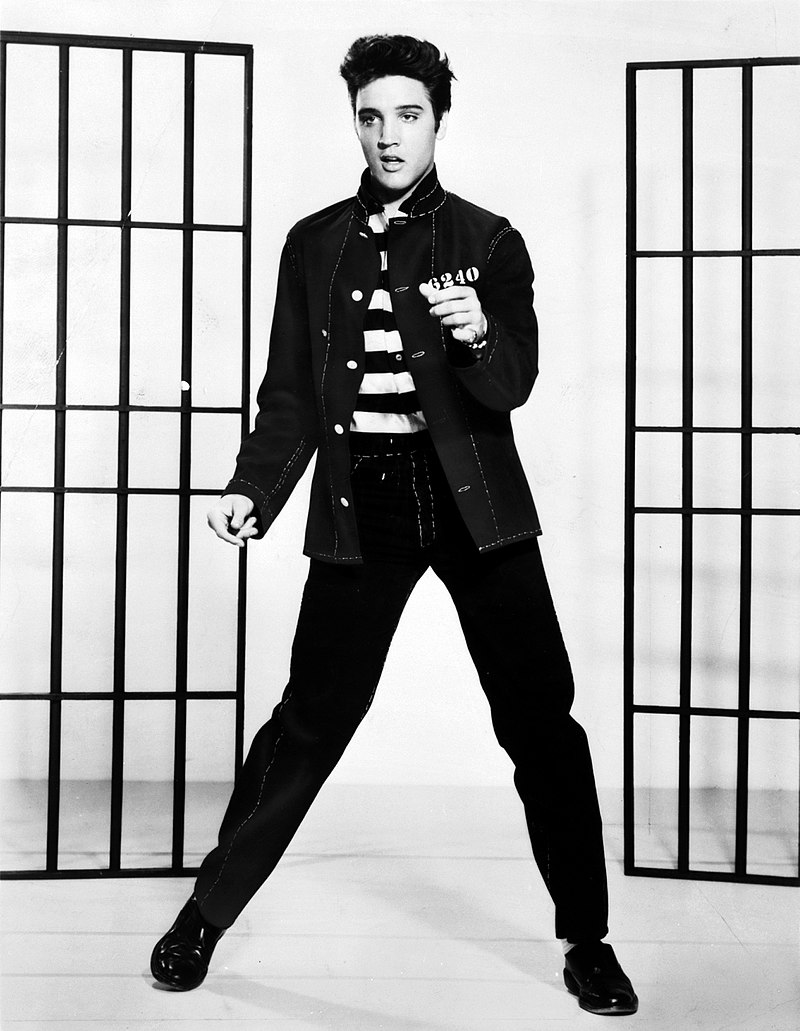
The Great Divide
That split in southern music, representing both the racism in southern culture and the class consciousness of the North towards the South, led to a split in musical styles as well, though music often traveled across that very arbitrary line. Hillbilly and heaven music, performed by turn-of-the century musicians like Fiddlin´ John Carson and Uncle Dave Macon, and by the Carter Family in the 1930s, brought old Euro-American ballads like "Barbara Allen," Sunday morning gospel songs such as "Will the Circle Be Unbroken," and Saturday night dance music like "Turkey in the Straw" to African-Americans. In return, popular African-American musicians like W. C. Handy and Bessie Smith brought the blues for Saturday night and gospel songs and spirituals for Sunday morning to the hillbilly side of the line.

Uncle Dave Macon
♫ ![]() Turkey in the Straw
Turkey in the Straw
Traditional Folk Song
♫ ![]() Little Old Log Cabin In the Lane
Little Old Log Cabin In the Lane
Fiddlin' John Carson
Though country music was marketed separately for many years, Black and White southern music remained accessible to all. In the 1920s, 30s, and beyond, radio broadcasts like the country music stage concert Grand Ole Opry (broadcast from the Grand Ole Opry House in Nashville, Tennessee) took over the mass music markets and transmitted to everyone without discrimination. Ray Charles listened to country singers, and Johnny Cash learned from the African-American blues performers. This artificial split of the two musics continues today, but did come together again in 1950s rock ´n´ roll, particularly in the rockabilly music made famous by southerners Elvis Presley, Johnny Cash, Jerry Lee Lewis, and Big Mama Thornton.





Kitty Wells became the first female to hit No.1 on the Billboard chart opening doors for future female artists.






